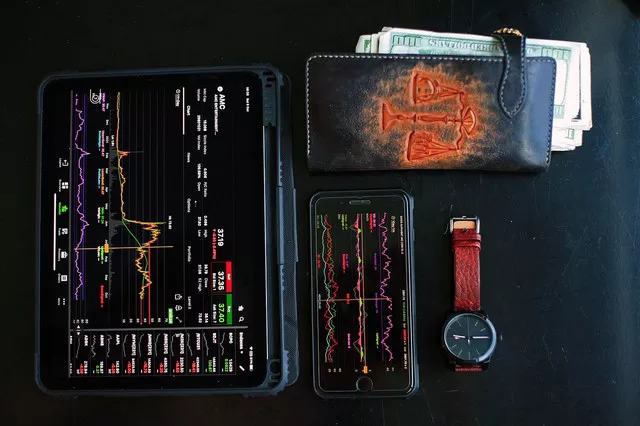S&P Futures, also known as E-mini S&P 500 Futures, are financial derivatives that allow traders and investors to speculate on the future price movements of the S&P 500 Index. As with any financial instrument, it is important to understand the trading hours and closing times of S&P Futures to effectively plan and execute trading strategies. In this article, we will explore the trading hours of S&P Futures and their closing times.
Understanding S&P 500 and S&P Futures
The S&P 500 is a market capitalization-weighted index that represents the performance of 500 large-cap U.S. stocks. It includes companies from various sectors, such as technology, finance, healthcare, consumer discretionary, and more. The index is widely considered as a benchmark for the overall performance of the U.S. stock market and is closely followed by investors, traders, and financial professionals.
S&P Futures, on the other hand, are futures contracts that derive their value from the underlying S&P 500 Index. These contracts allow market participants to speculate on the future direction of the index without owning the individual stocks included in the index. S&P Futures are traded on futures exchanges, such as the Chicago Mercantile Exchange (CME).
Trading Hours of S&P Futures
S&P Futures have specific trading hours during which investors can actively trade these contracts. The trading hours are determined by the exchange on which the contracts are listed. In the case of the CME, the trading hours for S&P Futures are as follows:
- Sunday: Trading begins at 5:00 p.m. Central Time (CT) for the E-mini S&P 500 Futures.
- Monday to Thursday: Trading continues non-stop until 4:00 p.m. CT the following day.
- Friday: Trading ends at 4:00 p.m. CT.
It’s important to note that these are the regular trading hours for S&P Futures. However, there are also extended trading hours available for certain futures contracts, including the E-mini S&P 500 Futures. These extended hours can vary depending on the exchange and may allow for trading before or after the regular trading session.
Closing Times of S&P Futures
The closing time for S&P Futures depends on the regular trading hours of the respective exchange. In the case of the CME, where the E-mini S&P 500 Futures are traded, the closing time is at 4:00 p.m. CT from Monday to Friday. At this time, the trading session for S&P Futures comes to an end, and no new trades can be executed until the market reopens.
It is important to emphasize that the closing time of S&P Futures does not necessarily indicate the end of market activity for the S&P 500 Index itself. The index continues to be calculated and disseminated based on the closing prices of the individual stocks included in the index. However, for trading purposes, the closing time of S&P Futures serves as a reference point for traders and investors.
After-Hours Trading and Access to Information
Although the regular trading hours for S&P Futures end at 4:00 p.m. CT, it is worth noting that there is after-hours trading available for certain futures contracts. After-hours trading allows investors to continue trading these contracts outside the regular session, providing extended opportunities for market participation. However, it is important to be aware that after-hours trading typically has lower liquidity and higher volatility compared to regular trading hours.
Additionally, it is crucial for traders and investors to have access to accurate and timely information regarding the closing prices and market activity of S&P Futures. Various financial platforms, news outlets, and market data providers offer real-time quotes, charts, and other relevant information to help market participants stay informed and make informed decisions.
Conclusion
S&P Futures provide traders and investors with the opportunity to speculate on the future price movements of the S&P 500 Index. Understanding the trading hours and closing times of S&P Futures is essential for planning and executing trading strategies effectively. By being aware of these timings, market participants can align their activities with the market hours and leverage available trading opportunities. Additionally, it is important to stay informed through reliable sources of information to make well-informed decisions based on the latest market data.


